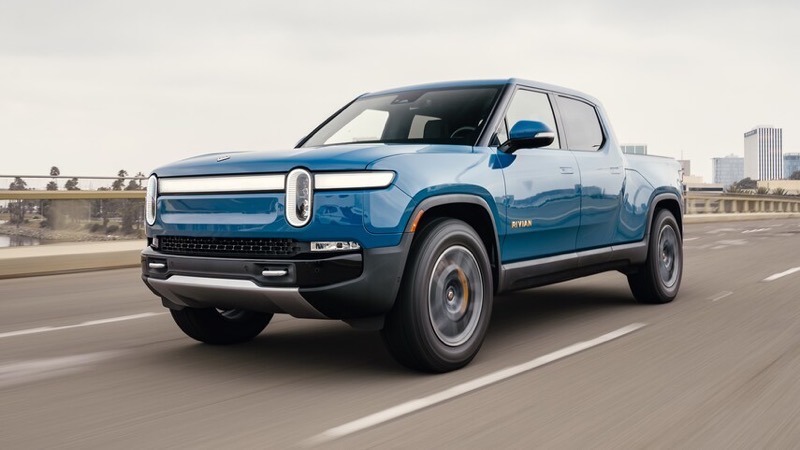
Rivian Aims for 10% EV Market Share by 2030 as Production Ramps Up: CEO

Rivian Automotive CEO R.J. Scaringe said on Thursday that the electric vehicle (EV) startup is “making progress” with the ramp-up of production at its Normal, Illinois, assembly plant — reports Reuters.
“We’re absolutely making progress,” he said of the company’s push to boost vehicle production while speaking at the Wolfe Research Global Auto, Auto Tech, and Mobility Conference on Thursday. “The plant is starting to ramp nicely.”
The Rivian CEO said the company took its Illinois plant offline for the first 10 days of January to make upgrades to the production lines in order to improve output.
While the Ford-backed automaker increases production at its Illinois factory, it is also looking to invest $5 billion USD into a second factory in the U.S. A December 2021 report indicated Rivian may build its second U.S. manufacturing facility in Georgia.
Scaringe also revealed Rivian’s market share goal during the conference. The startup, which delivered its first vehicles to customers in October of last year, is aiming to capture a 10% share in the EV market by 2030.
In response to a question about how big Rivian could become by 2030, Scaringe said the company had the brand position “to build out a portfolio … to allow us to really work toward building a position of 10% market share within the EV space.”
The California-based EV startup only produced 1,015 vehicles in 2021, falling slightly short of its production goal of 1,200 units. According to Scaringe, global supply chain constraints, the ongoing COVID-19 pandemic, short-term production issues, and a tight labor market together impaired production.
The Rivian CEO called the global semiconductor shortage the “most painful” production bottleneck, adding that the company was forced to swap out the chipsets in several components with alternatives that were in better supply. Scaringe expects the global semiconductor shortage to remain a factor through the rest of this year.
Amazon, which holds a 20% stake in Rivian, has contracted the EV maker to produce and deliver 100,000 electric delivery vans by 2030.
During the Wolfe Research conference on Thursday, Scaringe said Rivian is building a pilot line for in-house battery cell production and also plans to co-invest with a supplier on battery production. Rivian’s EVs are currently powered by batteries supplied by Samsung SDI.
Scaringe also said automakers will need to work on securing critical battery materials like lithium and nickel. “It’s not a choice. It’s a requirement,” said the Rivian CEO.

